Diagnosed with hypertrophic cardiomyopathy 9 years ago but not treated properly, the 56-year-old female patient suffered complications of stroke and heart failure.
Diagnosed with hypertrophic cardiomyopathy 9 years ago but not treated properly, the 56-year-old female patient suffered complications of stroke and heart failure.
A cardiologist has just shared the story of Ms. Hien (56 years old, living in Binh Dinh), a patient who has suffered from hypertrophic cardiomyopathy for more than 9 years but did not follow the treatment regimen properly, leading to serious complications. Specifically, Ms. Hien suffered a stroke and arrhythmia, and eventually heart failure.
 |
According to the World Stroke Association 2022, each year there are more than 12.2 million new cases of stroke in the world. In Vietnam, according to statistics from the Ministry of Health, each year our country records about 200,000 cases of stroke. |
According to the doctor treating the female patient, Ms. Hien came to the hospital two months after suffering a stroke. The brain MRI results showed a cerebral infarction in the left coronary artery, while the Holter ECG results recorded atrial tachycardia and paroxysmal atrial fibrillation. After performing tests and an echocardiogram, the doctors determined that she had heart failure with preserved ejection fraction.
This is an inevitable consequence in patients with advanced hypertrophic cardiomyopathy like Ms. Hien. This is very unfortunate because stroke complications can be avoided if the patient complies with treatment from the beginning.
Hypertrophic cardiomyopathy is a genetic disease that occurs when gene mutations cause the heart muscle to develop abnormally, causing the heart wall to thicken. If not detected early and treated promptly, the disease can lead to dangerous complications such as arrhythmia, dilated heart chambers, heart failure and mitral valve regurgitation.
According to doctors, arrhythmia is the most common and serious complication of hypertrophic cardiomyopathy. Symptoms of arrhythmia include atrial fibrillation, ventricular tachycardia and ventricular fibrillation, especially atrial fibrillation can increase the risk of blood clots, causing myocardial infarction or stroke. Episodes of ventricular tachycardia and ventricular fibrillation can lead to cardiac arrest and sudden death.
According to the patient, in 2016, Ms. Hien was diagnosed with hypertrophic cardiomyopathy when she occasionally had chest pain unrelated to exertion.
However, because she found the symptoms not serious, she did not follow the treatment regimen properly. Although the doctor prescribed internal medicine, she still skipped follow-up visits and did not take the medicine regularly.
After a hospital visit two years ago, doctors determined that her left ventricle was dilated and she was in the heart failure stage of hypertrophic cardiomyopathy.
Although the doctor suggested attaching a Holter ECG monitor to continuously monitor her heart rhythm for 48 hours, Ms. Hien refused because she could not stay in Ho Chi Minh City for long. As a result, her condition continued to progress and led to a stroke complication in June 2024.
Ms. Hien suffered from weakness on the right side of her body and was diagnosed with a stroke. After two weeks of treatment at a local hospital, she returned for a follow-up visit and was diagnosed with heart failure.
Doctors prescribed anticoagulants to prevent blood clots and strokes, as well as heart failure medication. After 6 months of intensive medical treatment, Ms. Hien's shortness of breath during exertion has decreased and her hemiplegia has improved. However, doctors still recommended implanting an ICD because she is at high risk of sudden death.
According to the World Stroke Association 2022, each year there are more than 12.2 million new cases of stroke in the world. In Vietnam, according to statistics from the Ministry of Health, each year our country records about 200,000 cases of stroke.
Although there are a few cases of stroke occurring suddenly, the majority of stroke patients have underlying cardiovascular diseases such as heart valve regurgitation, atrial fibrillation, arrhythmia, hypertrophic cardiomyopathy, heart failure, or diabetes... and do not detect or comply with treatment.
From the above case, doctors recommend that hypertrophic cardiomyopathy cannot be completely cured, but now there are many modern treatment methods to help reduce symptoms and prevent complications.
According to doctors at Tam Anh General Hospital in Ho Chi Minh City, treatment methods include medication, implantation of defibrillators, ventricular septal ablation and ventricular septal alcohol injection. In addition, patients need to maintain a healthy lifestyle, including reducing alcohol consumption, limiting the consumption of foods high in salt and sugar, exercising gently, avoiding heavy lifting and participating in high-intensity sports.
Currently, hypertrophic cardiomyopathy can be diagnosed through 4D transthoracic echocardiography. Doctors recommend that patients should seek medical attention early if they have symptoms such as shortness of breath during exertion, chest pain during physical activity, fainting, or palpitations. Patients with hypertrophic cardiomyopathy need to adhere to the treatment regimen and have regular check-ups to reduce the risk of dangerous complications.
Source: https://baodautu.vn/suy-tim-dot-quy-vi-khong-tuan-thu-dieu-tri-benh-co-tim-d241246.html


![[Photo] Comrade Khamtay Siphandone - a leader who contributed to fostering Vietnam-Laos relations](https://vstatic.vietnam.vn/vietnam/resource/IMAGE/2025/4/3/3d83ed2d26e2426fabd41862661dfff2)
![[Photo] Prime Minister Pham Minh Chinh receives Deputy Prime Minister of the Republic of Belarus Anatoly Sivak](https://vstatic.vietnam.vn/vietnam/resource/IMAGE/2025/4/2/79cdb685820a45868602e2fa576977a0)


![[Photo] Special relics at the Vietnam Military History Museum associated with the heroic April 30th](https://vstatic.vietnam.vn/vietnam/resource/IMAGE/2025/4/3/a49d65b17b804e398de42bc2caba8368)
![[Photo] Prime Minister Pham Minh Chinh receives CEO of Standard Chartered Group](https://vstatic.vietnam.vn/vietnam/resource/IMAGE/2025/4/2/125507ba412d4ebfb091fa7ddb936b3b)


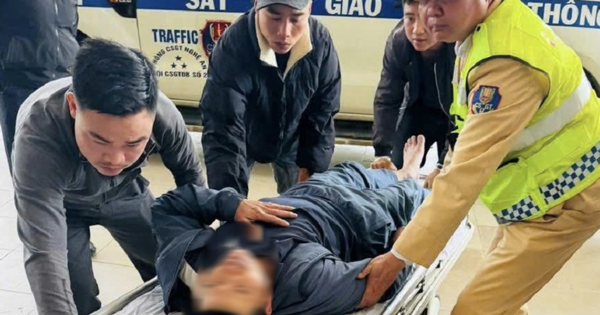

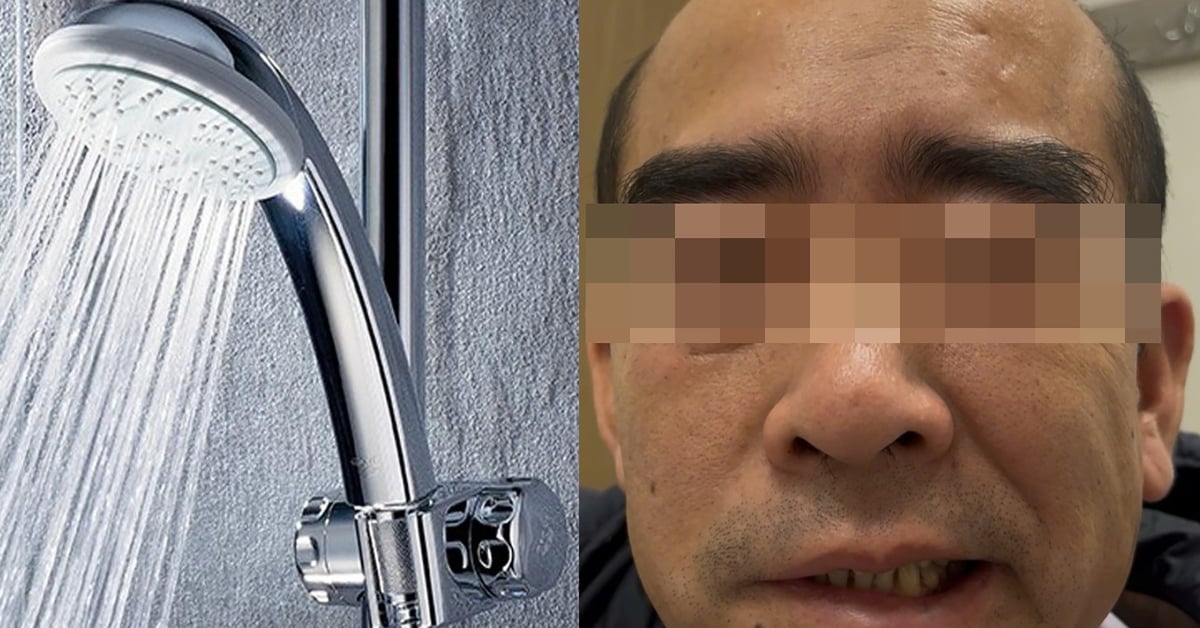

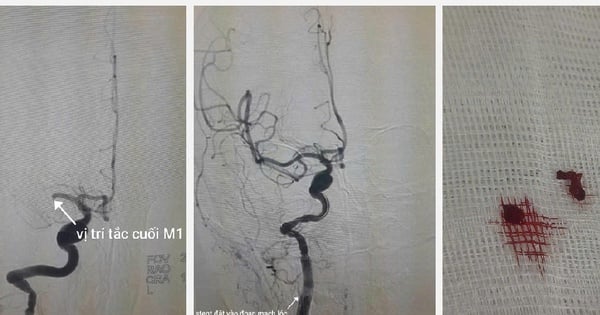



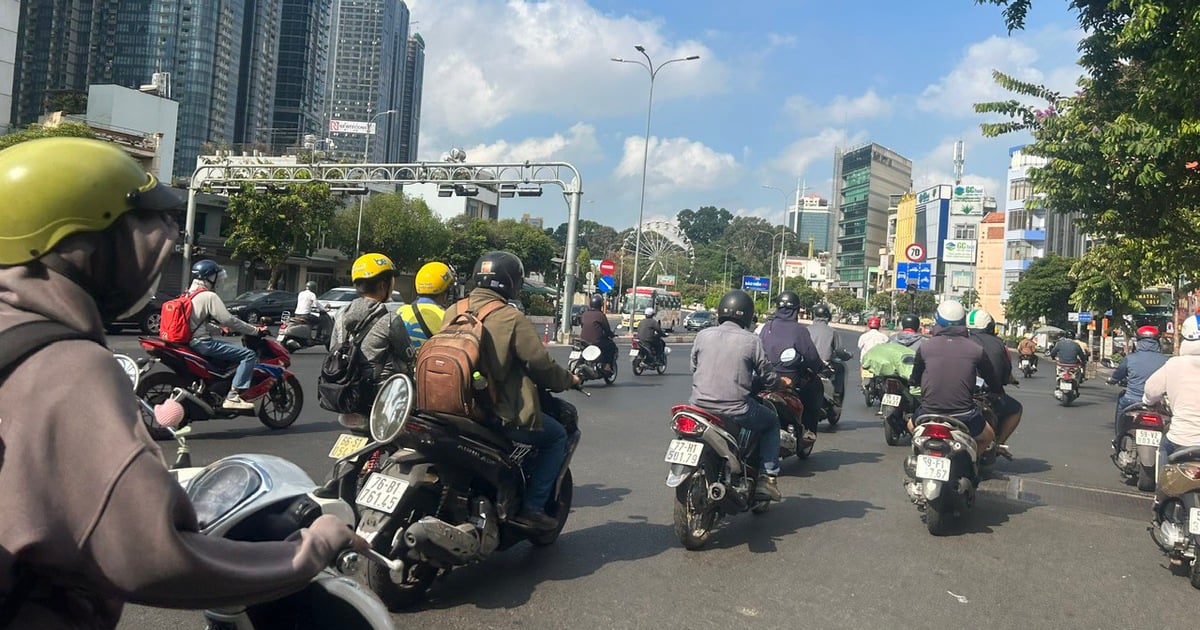
![[Video] Hanoi ensures adequate supply of medicine to prevent and control epidemics during the changing seasons](https://vstatic.vietnam.vn/vietnam/resource/IMAGE/2025/4/3/ad5d4d3bad3b469ba636737dc4e6efd1)


![[Video] Increasing responsibility and benefits when providing health insurance examination and treatment](https://vstatic.vietnam.vn/vietnam/resource/IMAGE/2025/4/3/c3e3c29e48d3425e8ea6a9c4c2b30640)









































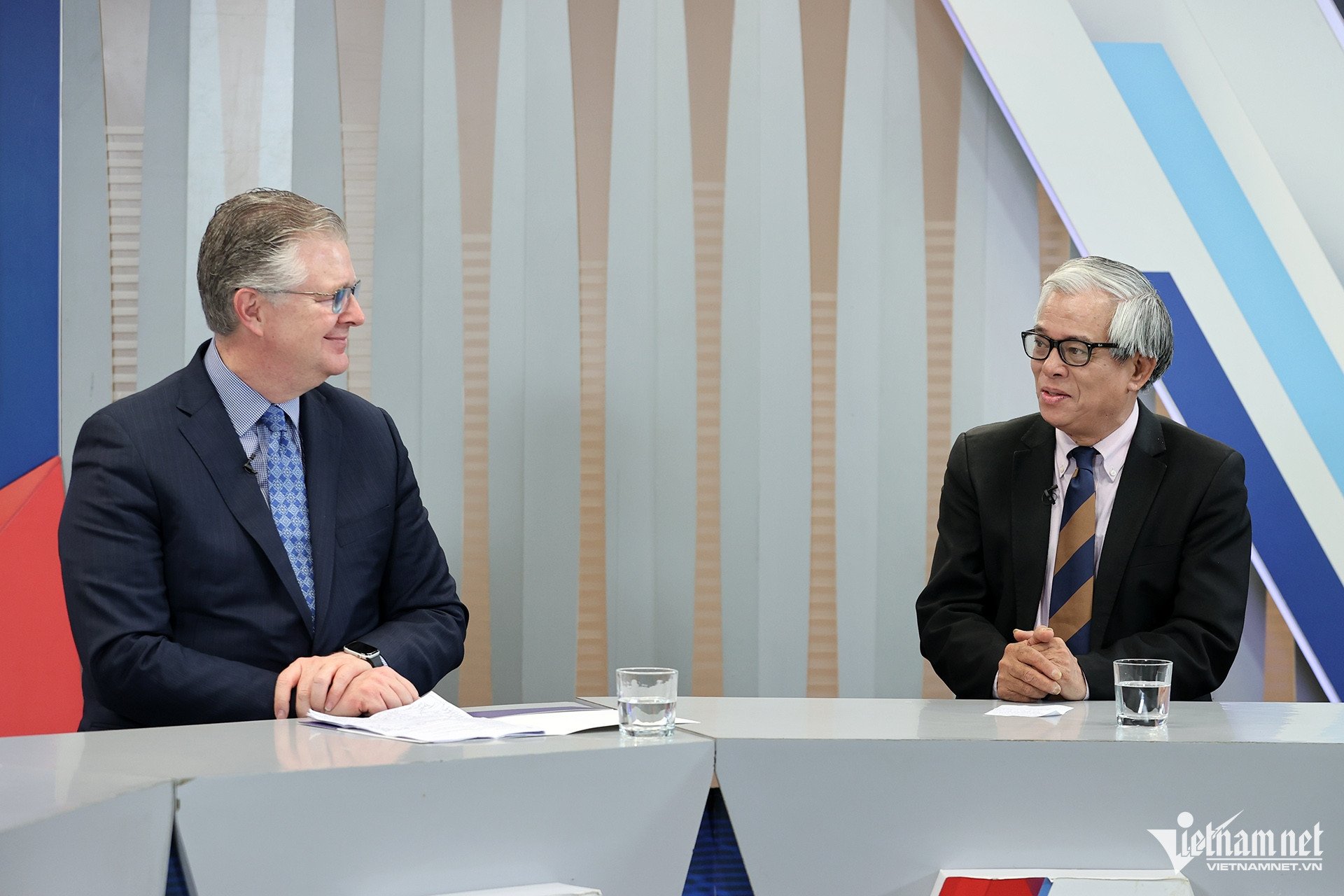














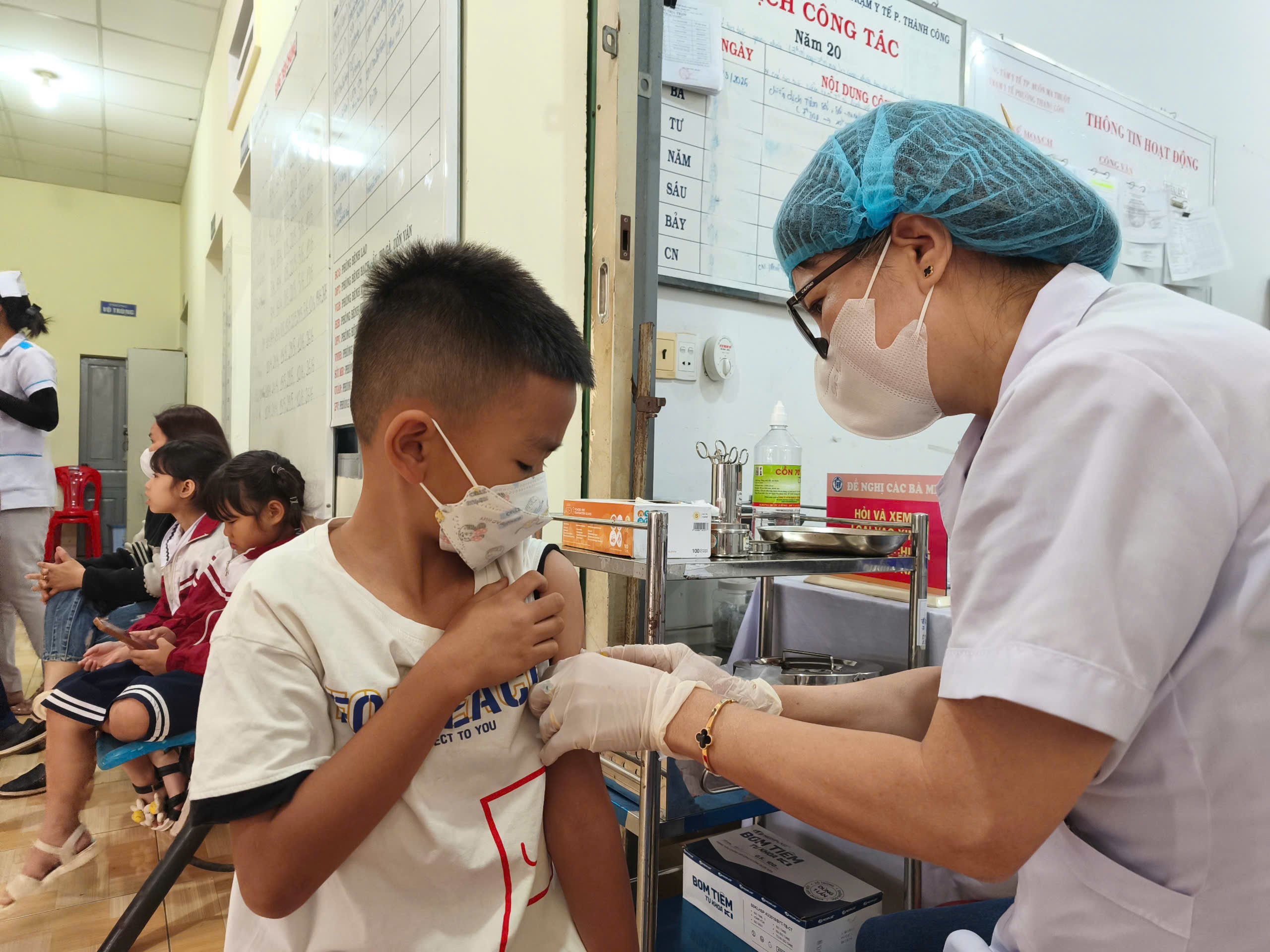






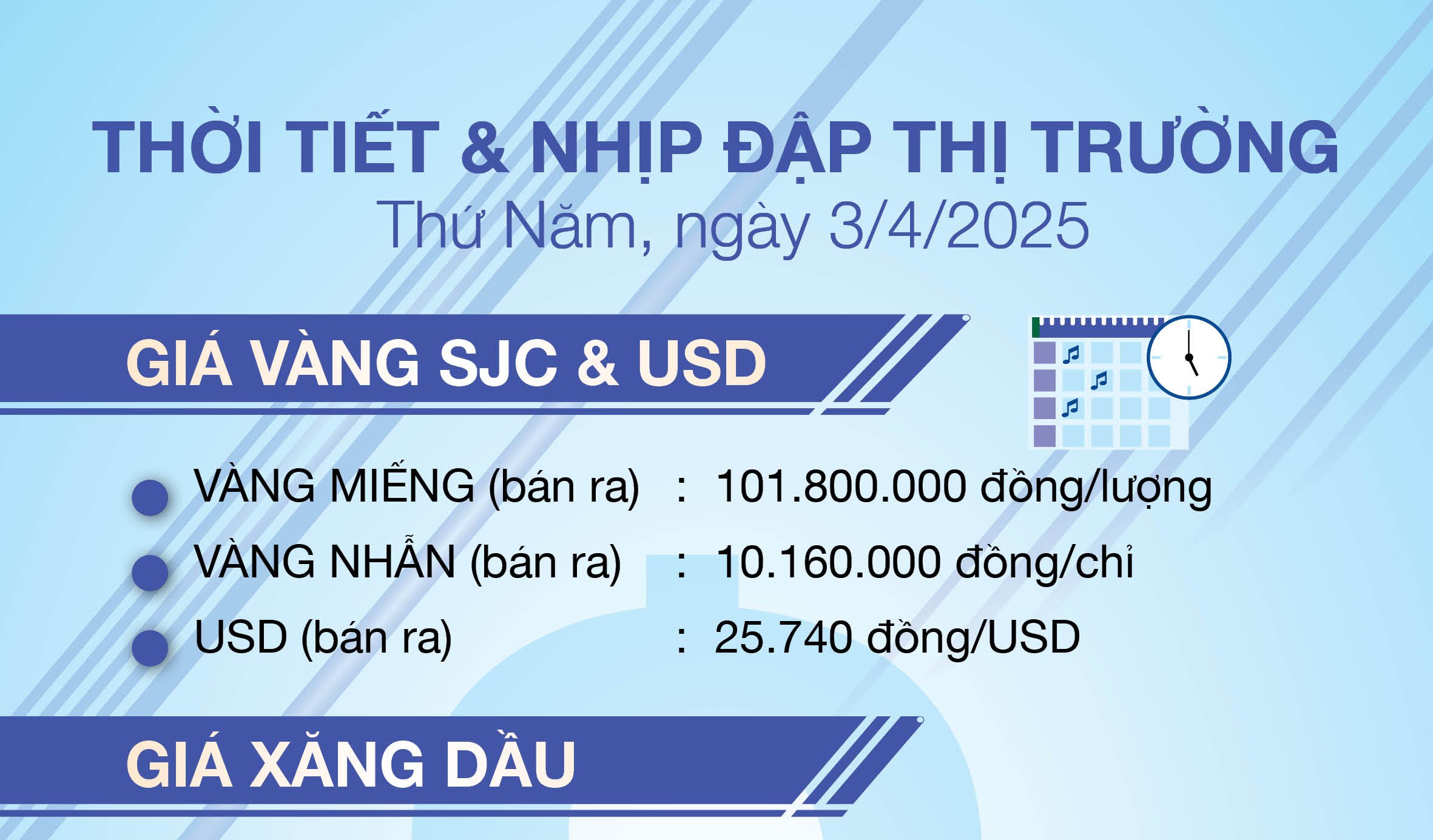













Comment (0)